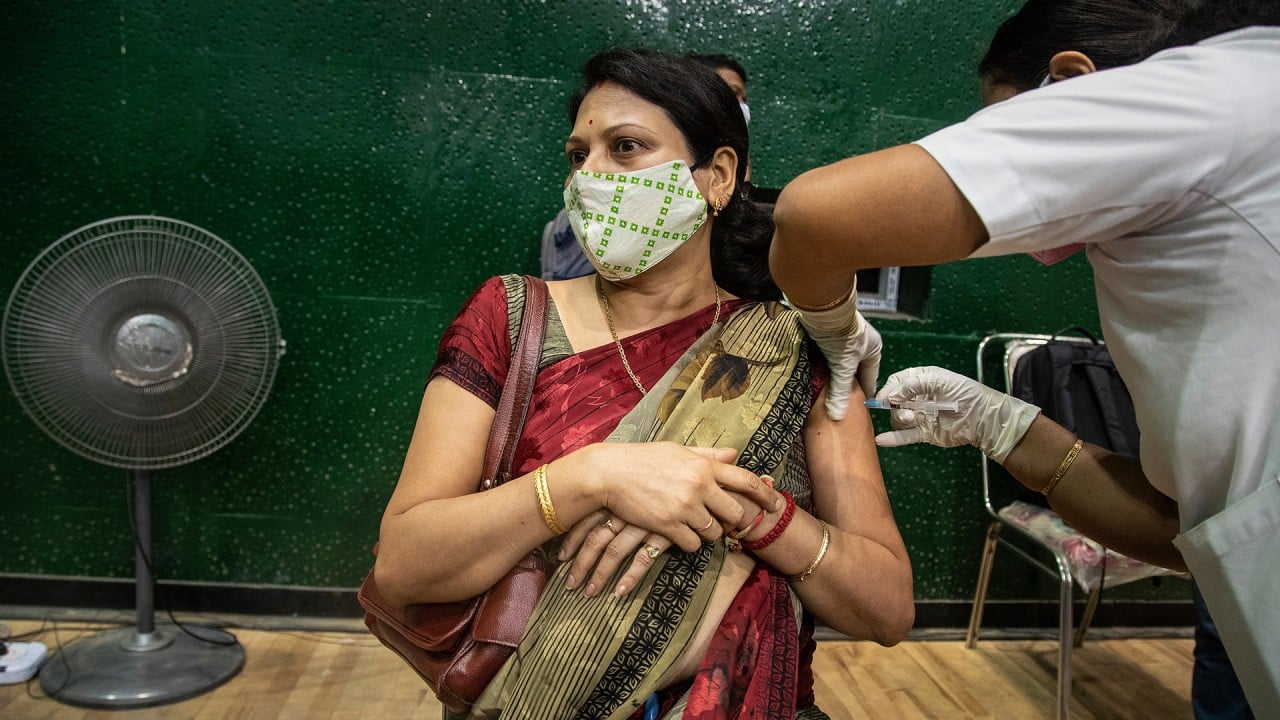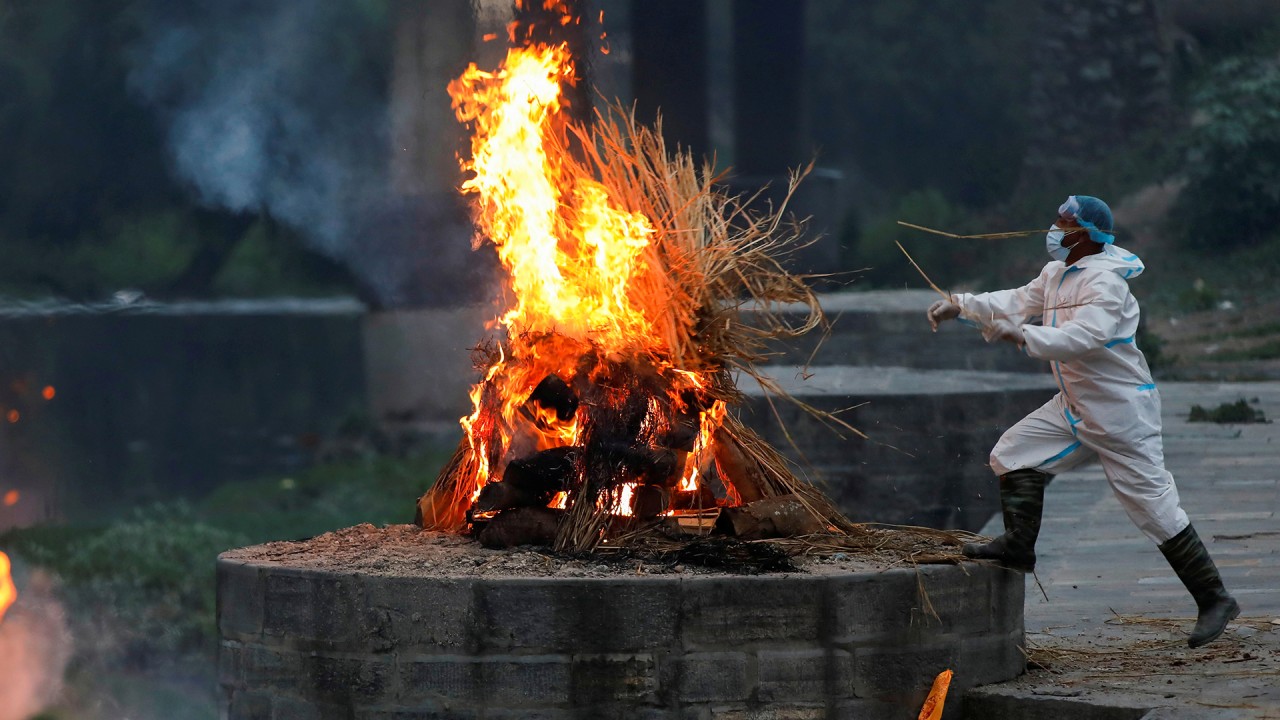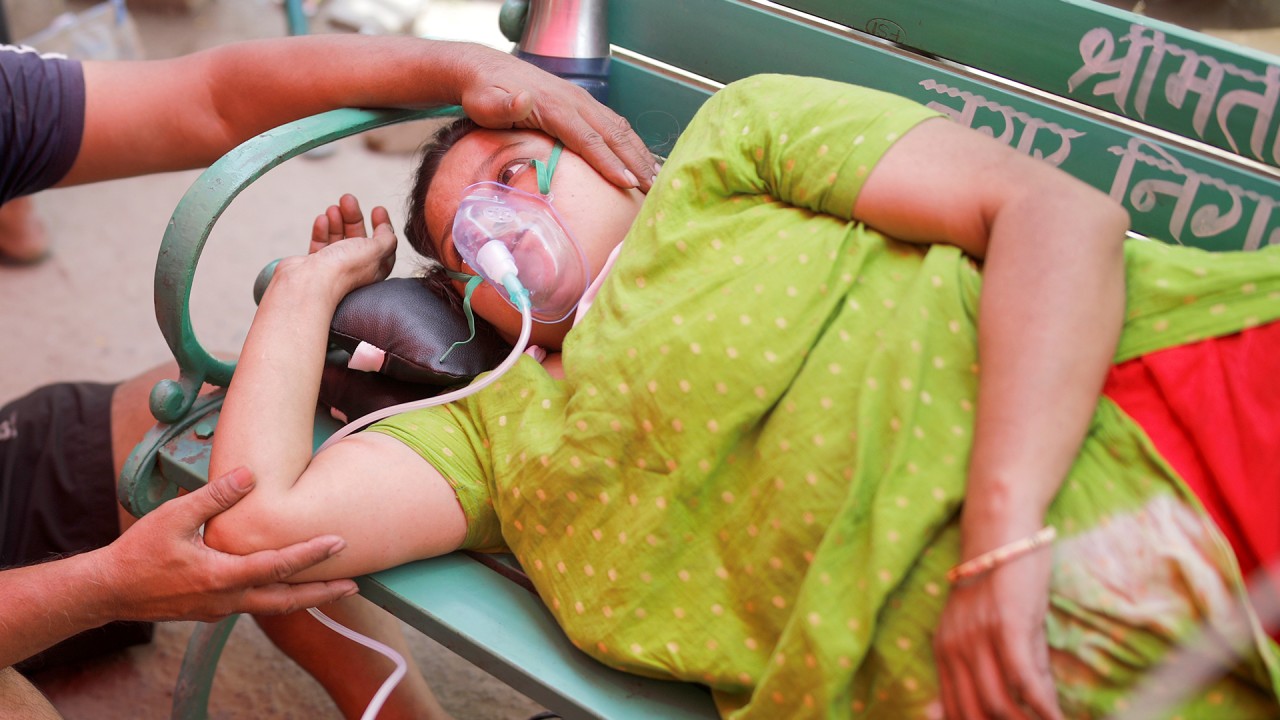
WTO battle over Covid-19 vaccine patents must not hold back world’s vaccination drive
- Patents are not a critical barrier in the complex challenge of vaccine manufacture and roll-out, as seen in India
- But arguing about patent waivers is distracting – people are dying in alarming numbers and our urgent priority must be to get shots into arms
Evidence is embarrassingly strong that the rich are hoarding the world’s vaccines. As a Nature magazine feature summarised in March, we need 11 billion vaccine doses – assuming two per person – to immunise 70 per cent of the world and achieve herd immunity.
So far, 8.6 billion doses have been ordered, 6 billion of these by rich countries. The US, European Union, Britain and several other affluent countries have bought at least four vaccine doses per adult in their populations.
With this hoarding, and a normal global production capacity of 3.5 billion doses, most people living in the poor parts of the world are unlikely to get vaccinated against Covid-19 until at least the end of 2022. Africa’s 1.2 billion people have so far received a bare 37 million doses.

03:26
India’s mass-vaccination drive falters as country hits 20 million coronavirus cases
Biden’s radical and controversial change of heart has aroused whelps of protest from pharmaceutical groups and brought their share prices tumbling. Yet, most experts argue that whatever we think about the way “big pharma” exploits IP laws to protect sales and boost profits, a waiver would be marginal in efforts to get more people vaccinated in the poor world, and that the vaccine distribution challenge is immensely complex.

02:23
With infections surging, will Nepal be the next Covid-19 hotspot?
At University College London, chair of IP law Robin Jacob added his endorsement that there is “no evidence” companies would be able to make the vaccines if patents were released.
At the International Vaccine Institute in Seoul, Jerome Kim adds his voice: “The thing about vaccines is that, unlike a drug, you can’t just [follow instructions] and assume that you’ve got a vaccine. This is a complex biological process that has multiple quality-control steps.”
It involves research and development, practical know-how, large numbers of highly trained people, complex procurement challenges, regulation, large-scale production capacity, supportive trade policy, and meticulous management of immensely complex, temperature-controlled supply chains.
Expect Biden to ramp up US vaccine production and distribution, export or donate its huge vaccine stockpile, and encourage international licensing and technology transfer.

06:18
SCMP Explains: What’s in a Covid-19 vaccine?
In India’s case, the warning is not that it has been blocked by IP protection but that it has been the victim of horrific governmental complacency, with even small details such as a lack of oxygen supplies crippling plans.

03:02
India’s oxygen crisis: Covid-19 patients rely on express trains and makeshift camps for air supply
So perhaps the IP battle on the shores of Lake Geneva, which Biden is now supporting, is more symbolic than substantive. But does that make it unimportant? That world leaders are engaging in a detailed multilateral discussion must surely be a good thing.
And if waiving IP rights – or a two-year moratorium on the enforcement of Covid-19 patents – can contribute even a little, then this must also be a good thing, even though a WTO-brokered agreement would be unlikely within 2021.
Why the world should support IP right waivers for Covid-19 vaccines
My one reservation echoes that of America’s Anthony Fauci: “Going back and forth, consuming time and lawyers in a legal argument about waivers – that is not the endgame.”
People are dying in alarming numbers around the world and our urgent priority must be to get vaccines into arms in the fastest and most efficient way possible. At all costs, Biden should ensure that Geneva’s lawyers in the WTO’s TRIPs Council do not get in the way of that.
David Dodwell researches and writes about global, regional and Hong Kong challenges from a Hong Kong point of view

